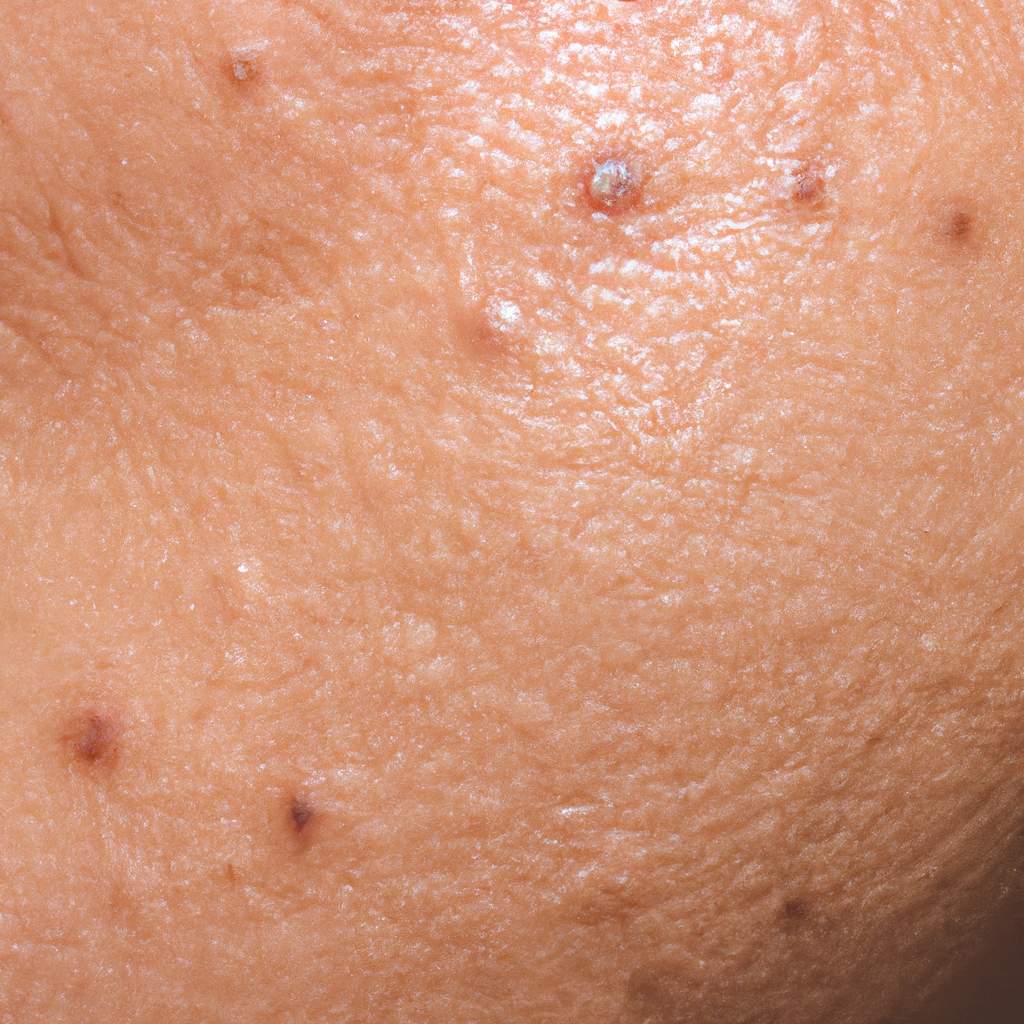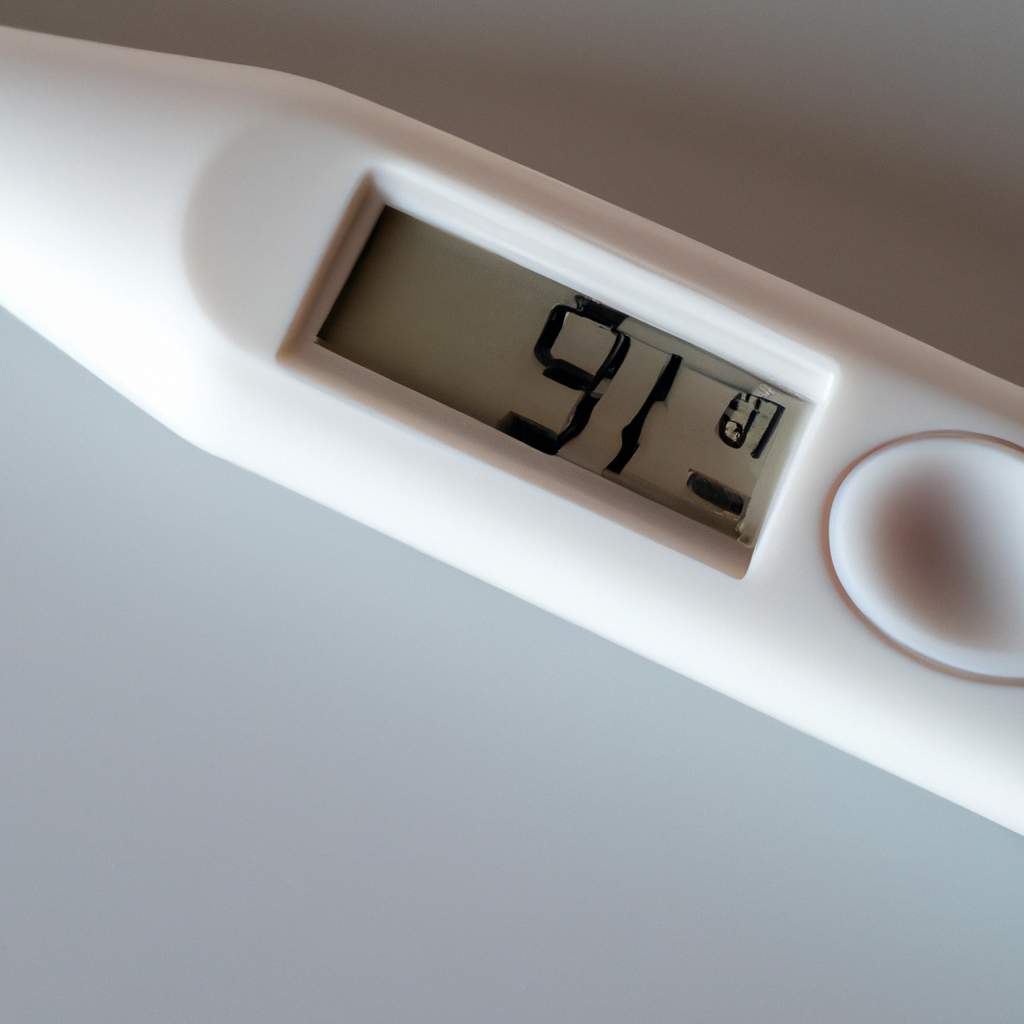Chemotherapy remains a crucial approach in cancer treatment, a disease that affects millions of people worldwide. Understanding treatments, side effects, and necessary care is essential for patients and their families in their battle against cancer.
What is chemotherapy?
Chemotherapy involves the use of cytotoxic drugs to eliminate cancer cells. Treatment protocols often include a combination of drugs that target different cellular growth processes. Chemotherapy can be administered intravenously in a hospital setting or taken orally at home. Despite their potential side effects, advancements in medication have allowed for better targeting of cancer cells and reduced impact on healthy cells.
Types of Chemotherapy: A Comprehensive Guide
Cancer treatments involving chemotherapy can be categorized into different types based on their objectives and methods. One of these treatments is adjuvant chemotherapy, which is given after surgery to remove any remaining cancer cells. Another type is neoadjuvant chemotherapy, which is administered before surgery to shrink the tumor size.
The Role of Comfort Chemotherapy and Its Effects
The concept of comfort chemotherapy is important as it focuses on improving the quality of life for patients. Unlike curative treatments, this approach aims to alleviate symptoms and side effects, ultimately enhancing the overall well-being of patients.
How does chemotherapy work?
Chemotherapy drugs work by disrupting the growth of cancer cells and inhibiting their ability to divide. However, this process can also affect healthy cells and lead to unwanted side effects.
The Side Effects of Chemotherapy
The side effects of chemotherapy are common due to the impact of medications on healthy cells. Common side effects include hair loss, intense fatigue, and gastrointestinal problems. However, it is important to note that not all patients experience the same effects, and tailored care can help minimize their impact.
Preparing and undergoing chemotherapy sessions
Before starting treatments, it is crucial to undergo a preparation phase to assess the patient's health condition and determine the optimal treatment plan. Chemotherapy sessions can vary in terms of duration, frequency, and administration methods.
Care and Support During Chemotherapy
During chemotherapy, it is crucial to provide comprehensive care. In addition to medical treatments, patients require emotional and physical support to cope with the side effects and challenges that come with the treatment. Family, friends, and the medical team all play a vital role in this aspect.
Advancements in Cancer Treatment Research

Cancer treatment research is continuously progressing with new discoveries in cellular mechanisms and the development of more targeted medications. This offers promising prospects for more effective and better-tolerated treatments.
Testimonials and Personal Experiences
Patient testimonials sharing their cancer journey bring a human aspect to this complex medical reality. Their stories, challenges, and victories serve as inspiration and support for those going through similar situations.
Chemotherapy: Life Expectancy and Quality of Life
The relationship between chemotherapy and life expectancy is complex and depends on individual factors such as the type of cancer, stage of the disease, and response to treatment. Comfort chemotherapy can improve the quality of life for some patients, even if it is not aimed at curing the disease.
Alternative Approaches to Cancer Treatment
Cancer treatments utilize various major strategies, including surgery, radiation therapy, chemotherapy, targeted therapies, hormone therapy, and immunotherapy. In certain cases, a bone marrow transplant may be necessary, particularly for blood cancers. The therapeutic arsenal has expanded with an increasing number of specific molecules, enabling more personalized treatments tailored to the molecular characteristics of tumors.
Surgery: Taking Action to Heal
Surgery remains a cornerstone in cancer treatment, with the main goal of removing the tumor from the patient's body. It can be curative, diagnostic, or palliative depending on the specific needs of the patient. Surgical techniques have advanced significantly with early cancer detection, enabling less invasive interventions and reducing trauma for patients.
Targeting Cancer Cells with Radiotherapy
Radiation therapy utilizes high-energy ionizing radiation to destroy cancer cells. There are two types of radiation therapy: external beam radiation therapy, where rays are emitted from an external source targeting the tumor, and internal radiation therapy, where radiation is emitted from a source directly placed on the tumor site. Radiation therapy can be used alone or in combination with other treatments to aim for a cure or alleviate symptoms.
Targeted Therapies: Focusing on the Essentials
Targeted therapies are designed to specifically disrupt the essential mechanisms for tumor growth. They block proteins or mechanisms crucial to the development of cancer cells. Administered orally, these more precise therapies have the advantage of being better tolerated than conventional treatments such as chemotherapy. These targeted molecules act by interfering with growth signals or blocking signaling pathways involved in the multiplication of cancer cells. With an increasingly fine understanding of the molecular characteristics of tumors, targeted therapies are being developed for specific types of cancers, optimizing efficacy while minimizing side effects. Companion tests, which identify molecular markers in tumors, are used to select patients who will benefit most from these personalized treatments. Targeted therapies thus pave the way for an era of more precise and tailored treatments for each individual, opening new perspectives in the fight against cancer.
Hormonal Therapies: Restoring Growth Balance
The growth of certain cancers can be influenced by sex hormones. For example, breast or uterine tumors can be stimulated by estrogen or progesterone. Hormonal therapies aim to block these hormones or their receptors to reduce tumor growth. They are mainly administered orally and are tailored for hormone-dependent cancers. Prior to treatment, molecular analyses are conducted to identify the presence of hormonal receptors on tumor cells.
Immunotherapy: Activating the body's defenses
Immunotherapy aims to enhance the immune system's defenses to target cancer cells. Approaches include blocking specific proteins on cancer cells (such as anti-PD1/PD-L1 antibodies) and stimulating the immune system to attack tumors. Innovative treatments like CAR-T cells or therapeutic vaccines are being developed to mobilize immune responses. While promising, immunotherapy is not suitable for all types of cancers.
Monoclonal Antibodies: Precisely Targeting
Monoclonal antibodies, created in laboratories, are designed to specifically target mechanisms essential to cancer cells. They can be used alone or combined with other substances to deliver treatments directly to the tumor. These tumor "seekers" are particularly precise in their action, reducing the effects on healthy cells. They are administered intravenously.
- "Bone marrow transplant: Renewing the body's defenses
Bone marrow or stem cell transplantation is necessary to restore blood cells after aggressive chemotherapy. It can also be used to provide the patient with a new immune system. During an autologous transplant, the patient receives their own previously harvested cells. In the case of an allogeneic transplant, they receive cells from a compatible donor. Transplantation offers a way to replenish the stock of blood cells and improves the recognition of cancer cells by the immune system.
Maximizing Results through Combination
Cancer treatments can be combined in various ways to suit individual situations. New targeted therapies and conventional treatments can be combined to maximize effectiveness. For instance, immunotherapy can be combined with chemotherapy in lung cancers. This multidisciplinary approach aims to target the tumor from multiple angles for optimal outcomes.
Supportive Care: Enhancing Quality of Life
In addition to treatments, supportive care plays a crucial role in reducing side effects and improving the quality of life for patients. Specialized teams offer strategies to minimize symptoms such as reducing nausea and pain. Therapeutic education enables patients to better manage their treatments and recognize signs of complications that require medical intervention.
Palliative Care: Enhancing Comfort
Palliative care aims to provide the best possible quality of life when treatments can no longer cure the disease. It includes pain management, psychological and social support, as well as complementary treatments such as osteopathy or acupuncture. These care services are tailored to individual needs and are often provided at home, with a dedicated team focused on the well-being of the patient and their family.










